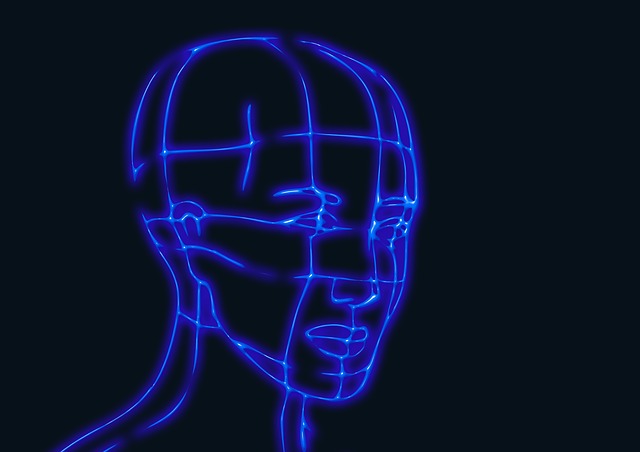When our loved ones battle addiction, it is incredibly painful for us. It can be even more difficult not understanding why they are making the choices they are. When we love them so much, how can they choose to hurt themselves and push us away? Understanding what goes on inside an addict’s brain can shed some light into addiction.
Two Areas of the Brain are Responsible
A person battling addiction may know they need to stop, but can’t. They know all the negatives associated with indulging and all the benefits if they don’t, but that doesn’t stop them from continuing their use. We watch them make unbearable choices, participating in activities that are extreme and dangerous. Why can’t they stop? There are two areas of the brain where decisions are made, the orbitofrontal and anterior cingulate cortex. The neural activity in these areas regulates a person’s choices, giving them the ability to weight costs, risks and benefits. People with damage to these areas have difficulties making decisions. Often, these people will make decisions that create imbalance in their life, such as getting divorced, mismanaging their money or quitting their jobs.
The Science Behind an Addict’s Decisions
The orbitofrontal cortex has been shown to activate depending on the importance of the decision. This part of the brain is responsible for giving you the ability to switch easily between making those life-changing, crucial decisions, such as buying a new house or which school you will attend, and those trivial decisions, like what you’ll eat for dinner. In the case of addicts, it’s believed that the orbitofrontal cortex is damaged, which inhibits the ability of the neural activity to change based on the importance of the decision. Addicts are unable to make sound decisions.
Why an Addict Can’t Stop
The anterior cingulate cortex, the other area of the brain responsible for decision making, has a unique role of evaluating and understanding the result of a decision. For example, if you eat shrimp and break out in hives, you know not to eat shrimp again. On the other hand, people struggling with addition have damage to this area, which is why they continue to do exactly what it is that causes them pain. By understanding how and why your loved one makes decisions that support their addiction, you can have greater empathy, which will be essential for their lifelong recovery. Often, it takes tough love to rewire these neuron paths. What we don’t want to do is give addicts an excuse for negative behavior. If someone you love is struggling with addiction, the best thing you can do for them is to get them help from a certified drug rehab. (Photo via)

